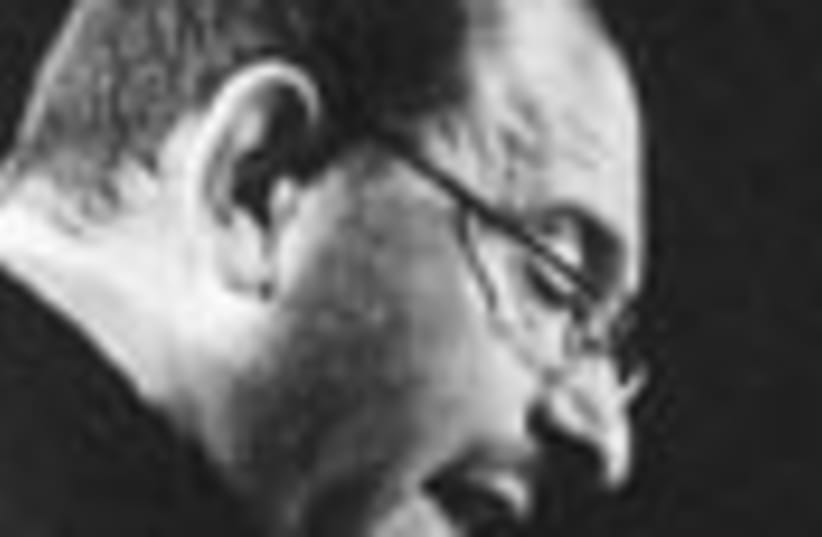| More about: | David Ben-Gurion, Paul Hindemith, Tel Aviv, Mongolia |
Misha's musical musings
Alperin's crossover explorations have taken him far and wide across wild and windy cultural terrain.


| More about: | David Ben-Gurion, Paul Hindemith, Tel Aviv, Mongolia |